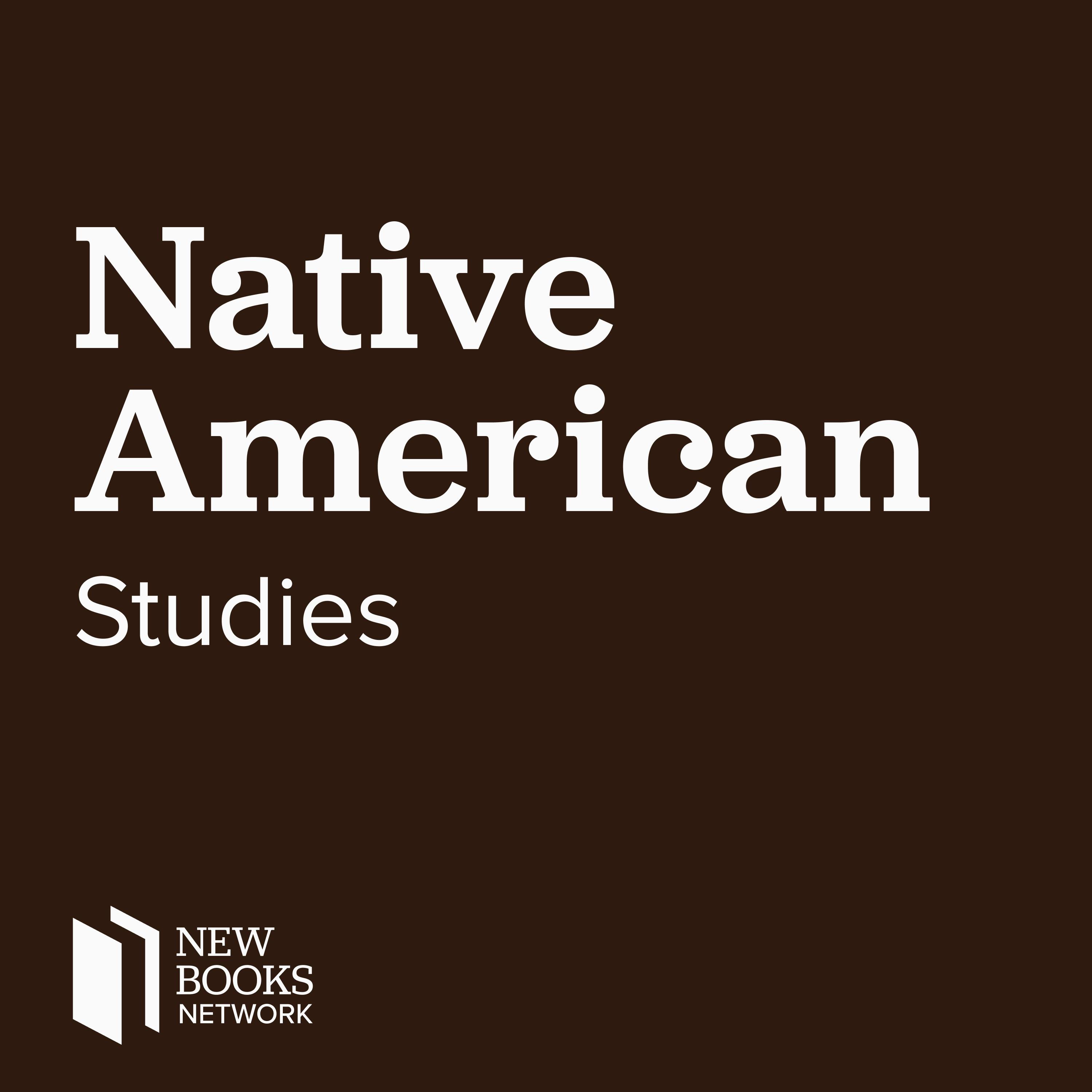Annaliese Jacobs Claydon, "Arctic Circles and Imperial Knowledge: The Franklin Family, Indigenous Intermediaries, and the Politics of Truth" (Bloomsbury, 2024)
Description
In 1845 an expedition led by Sir John Franklin vanished in the Canadian Arctic. The enduring obsession with the Franklin mystery, and in particular Inuit information about its fate, is partly due to the ways in which information was circulated in these imperial spaces. Arctic Circles and Imperial Knowledge: The Franklin Family, Indigenous Intermediaries, and the Politics of Truth (Bloomsbury, 2024) by Dr. Annaliese Jacobs Claydon examines how the Franklins and other explorer families engaged in science, exploration and the exchange of information in the early to mid-19th century. It follows the Franklins from the Arctic to Van Diemen's Land, charting how they worked with intermediaries, imperial humanitarians and scientists, and shows how they used these experiences to claim a moral right to information.
Arctic Circles and Imperial Knowledge shows how the indigenous peoples, translators, fur traders, whalers, convicts and sailors who explorer families relied upon for information were both indispensable and inconvenient to the Franklins. It reveals a deep entanglement of polar expedition with British imperialism, and shows how geographical knowledge intertwined with convict policy, humanitarianism, genocide and authority. In these imperial spaces families such as the Franklins negotiated their tenuous authority over knowledge to engage with the politics of truth and question the credibility and trustworthiness of those they sought to silence.
This interview was conducted by Dr. Miranda Melcher whose forthcoming book focuses on post-conflict military integration, understanding treaty negotiation and implementation in civil war contexts, with qualitative analysis of the Angolan and Mozambican civil wars.
Learn more about your ad choices. Visit megaphone.fm/adchoices
Support our show by becoming a premium member! https://newbooksnetwork.supportingcast.fm/native-american-studies
More Episodes
Historians of the American South have come to consider the mechanization and consolidation of cotton farming—the “Southern enclosure movement”—to be a watershed event in the region’s history. In the decades after World War II, this transition pushed innumerable sharecroppers, tenant farmers, and...
Published 04/28/24
How do bureaucratic documents create and reproduce a state’s capacity to see? What kinds of worlds do documents help create? Further, how might such documentary practices and settler colonial ways of seeing be refused?
Settler Colonial Ways of Seeing: Documentation, Administration, and the...
Published 04/23/24
The past several decades have seen a massive shift in debates over who owns and has the right to tell Native American history and stories. For centuries, non-Native actors have collected, stolen, sequestered, and gained value from Native stories and documents, human remains, and sacred objects....
Published 04/18/24


